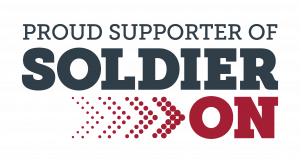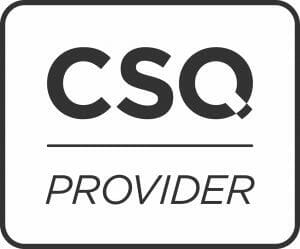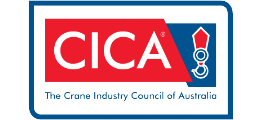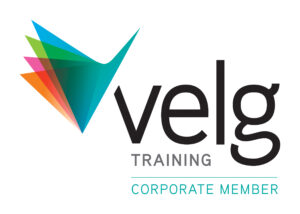To work in the mining industry, you need a range of relevant knowledge and skills which will ensure a safe and competent working environment. The Standard 11 Induction course is one of the first steps on the pathway to the Australian mining industry.
Standard 11 Induction
The goal of the induction is to ensure that all staff working in surface mines are trained to proper standards.
If you participate in the program, you’ll learn essential skills to help you in the field, such as;
- Communication
- Identification of hazards
- Responding to emergencies and incidents
- First aid
- Risk control and working safely
The Standard 11 mining induction is one of the most universally accepted induction programs in Australian mining. However, individuals and contractors should always confirm induction requirements with the site they will be working on before attending an induction to ensure the process aligns with site processes and is recognised by the site.
Where can I get the training?
Kallibr Training (RTO 32365) offers a compliant Standard 11 induction program recognised by the Resource Training Council.
We run courses at our well-equipped Kallibr Training site in Brisbane, and can also organise and conduct private training on-site in other locations if you have a suitable area available. Contact our team to learn more about group training for Standard 11 inductions.
So, do I still need experience to secure a mining job?
Are you looking for trainee or entry-level mining jobs? If yes, experience is not always necessary. There is a range of different specialities you can move into in the mining sector, so it’s a good idea to start with the basics and then specialise in a particular role as you work out what you enjoy doing.
To work on a surface mining site, you will need at a minimum:
- The Standard 11 induction
- Pass an alcohol and drug test
- A valid driver’s licence.
- Proof that you have the right to work in Australia
- Some mining sites may require a national police clearance certificate
Other useful courses
Having extra documents puts you in a better position when applying for a job. Some of the courses that can help you get a foot in the door include:
- A trade certificate
- VOC or proof of training in civil equipment like rollers and excavators
- Your construction white card
- Confined space training
- Working at heights
- Low Voltage Rescue (LVR) or Cardiopulmonary Resuscitation (CPR) training
What is it like working in the mining industry?
Everyone will have a different experience depending on their role and location. Some roles will require you to relocate to a town near the site, some operate on a FIFO basis, others have more regular hours. The duty rosters vary with a site, but, in general, they work on an even time cycle. This means you are either on four days and four days off or seven days on and seven days out.
Some sites have cycles that require an individual to be away for 2-3 weeks before breaking. Again, this depends on the role and the mine site, and how remote the mine is.
Understanding that this is a key part of the role is vital to your success in the mining sector. It can be a demanding job, but pays well and is a massive industry in Australia.
Get the right training to start your career in mining
The Standard 11 Generic Mining Induction on offer at Kallibr Training is the industry-recognised Resource Training Council (RTC) Mining Induction Program.
Take a look at the course outcomes here and get in touch to find out more about course dates and locations.




